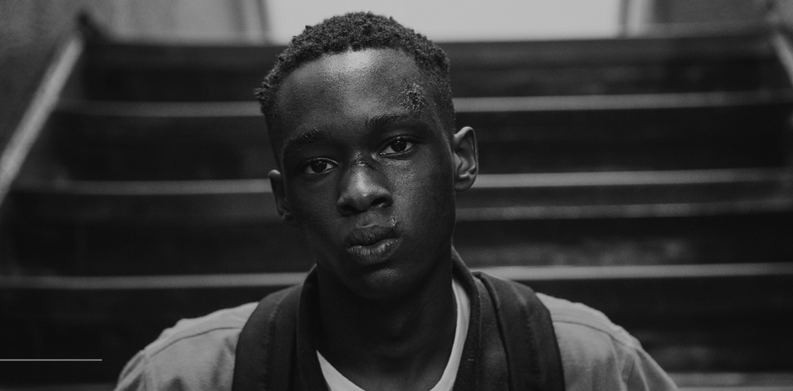Hollywood Honors Diverse Films At 89th Academy Awards
The Academy of Motion Picture Arts and Sciences held their 89th Academy Award at the Dolby Theater in Hollywood on Feb. 26.
Last year’s show was criticized because all the acting nominees were white, for the second year in a row. With the tag #OscarsSoWhite, the lack of diversity in Hollywood became an important issue.
Senior Dar’Jon Bentley, who hopes to become an actor and filmmaker, was disappointed with last year’s winners.
“I thought the lack of diversity gave a bad impression of the Oscars,” he said. “They seemed to care more about films that make people happy than films that tell the truth about society.”
But the Academy offered more diverse nominations for this year’s awards. Of all 20 actors and actresses nominated for the most prominent awards, seven were black.
Furthermore, three of the five nominees to Best Actress in a Supporting Role were black women, including Viola Davis, who was the winner of the category for her role in Fences.
Davis felt appreciative for the kinds of roles she has been afforded.
“A lot of times I’m offered narratives where people will say a whole lot things are happening in the scene but it’s just not in the page, there is no full realization [of African American characters],” Davis said after she won. “What I love about this movie is the beauty of living and being human not a walking social message.”
Additionally, the Oscar for Best Actor In a Supporting Role went to Mahershala Ali, who was the first Muslim actor to win the statuette.
“I had so many wonderful teachers,” Ali said in his acceptance speech. “And one thing that they consistently told me is – [his teachers] Oliver Chandler, Ron Van Lieu, Ken Washington – is that it wasn’t about you. It’s not about you. It’s about these characters. You’re in service to these stories, to these characters.”
Another important moment during the Oscars happened when the Iranian movie “The Salesman” won as Best Foreign Language Film. The director Asghar Farhadi chose not to attend the ceremony because of President Trump’s new traveling and borders law.
“My absence is out of respect for people of my country and those of other six nations whom have been disrespected by the inhumane law that bans entry of immigrants to the U.S. Dividing the world into the U.S. and the enemy categories creates fear, a deceitful justification for regression and war,” Farhadi’s wrote in his speech, which was read by the engineer and astronaut Anousheh Ansari.
He also added that some of the most important stories that are told are those representing diverse perspectives.
“Filmmakers can turn their cameras to capture shared human qualities and break stereotypes of various nationalities and religions,” he said. “They create empathy between us and others. An empathy we need today more than ever.”
One of the more compelling moments occurred when the stars of “Hidden Figures”, Taraji P. Henson, Octavia Spencer and Janelle Monae, brought the real life Katherine Johnson onto the stage. Johnson was one of the first black physicists and mathematicians at NASA and was portrayed by Henson in the film.
“Documentary filmmakers use a camera to show real people sharing their real story,” the three actresses emphasized. “And doing so they illuminate the human condition in a way that is brilliant insightful, often times astounding, but above all truthful.”
Nothing could have been more unexpected than the Best Picture fiasco. The award eventually went to “Moonlight”, directed by Barry Jenkins. Faye Dunaway and Warren Beatty took the wrong envelope and mistakenly called up “La La Land,” but the situation was soon sorted out.
Senior Jaylen Whitt thought “Moonlight” deserved the award.
“It was good movie that had a lot social undertones and brought to light the struggles of [growing up black and gay].” He also added “I think it broke barriers because it was such a memorable moment to the black community.”
“I though “La la Land” was going to win because it’s so happy, and in these times, with all the conflict around Trump being elected president and “Black Lives Matter,” people would vote more for Lala Land and not a movie that focused on social issues,” Bentley said. “But I’m glad because I think “Moonlight” deserved to win.”
“Very clearly, even in my dreams this could not be true,” Jenkins said upon winning the Oscar. “But to hell with dreams, I’m done with it, cause this is true.”

Gabriela Covolan Costa moved to Beachwood from São Paulo, Brazil in March of 2016.










